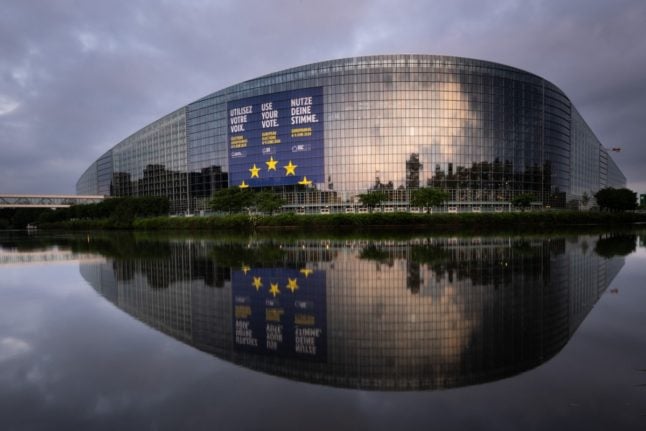4.2 million square kilometres
The 27-nation bloc stretches from the chilly Arctic in the north to the rather warmer Mediterranean in the south, and from the Atlantic in the west to the Black Sea in the east.
It is smaller than Russia’s 17 million square kilometres (6.6 million square miles) and the United States’ 9.8 million km2, but bigger than India’s 3.3 million km2.
The biggest country in the bloc is France at 633,866 km2 and the smallest is Malta, a Mediterranean island of 313 km2.
448.4 million people
On January 1, 2023, the bloc was home to 448.4 million people.
The most populous country, Germany, has 84.3 million, while the least populous, Malta, has 542,000 people.
The EU is more populous than the United States with its 333 million but three times less populous than China and India, with 1.4 billion each.
24 languages and counting
The bloc has 24 official languages.
That makes hard work for the parliament’s army of 660 translators and interpreters, who have 552 language combinations to deal with.
Around 60 other regional and minority languages, like Breton, Sami and Welsh, are spoken across the bloc but EU laws only have to be written in official languages.
20 euro members
Only 20 of the EU’s 27 members use the euro single currency, which has been in use since 2002.
Denmark was allowed keep its krona but Bulgaria, the Czech Republic, Hungary, Poland, Romania and Sweden are all expected to join the euro when their economies are ready.
The shared currency has highlight the disparity in prices across the bloc — Finland had the highest prices for alcoholic beverages, 113 percent above the EU average in 2022, while Ireland was the most expensive for tobacco, 161 above the EU average.
And while Germany produced the cheapest ice cream at 1.5 per litre, in Austria a scoop cost on average seven euros per litre.
100,000 pages of EU law
The EU’s body of law, which all member states are compelled to apply, stretches to 100,000 pages and covers around 17,000 pieces of legislation.
It includes EU treaties, legislation and court rulings on everything from greenhouse gases to parental leave and treaties with other countries like Canada and China.



 Please whitelist us to continue reading.
Please whitelist us to continue reading.
Is Welsh still spoken in the EU, maybe apart from tourists?
Welsh? So it was just a bad dream I had, Brexit never happened?